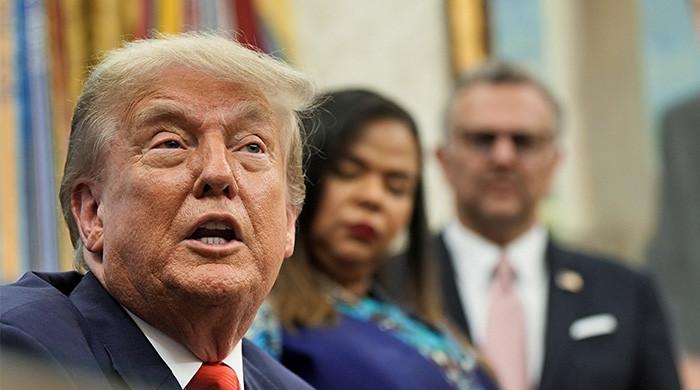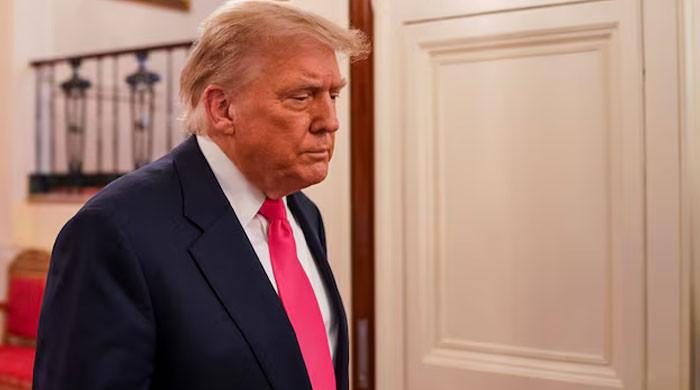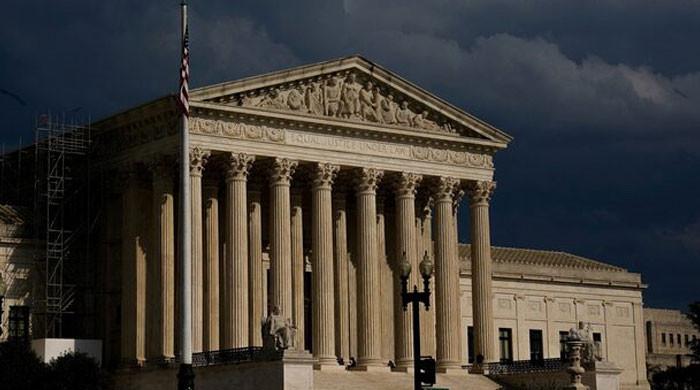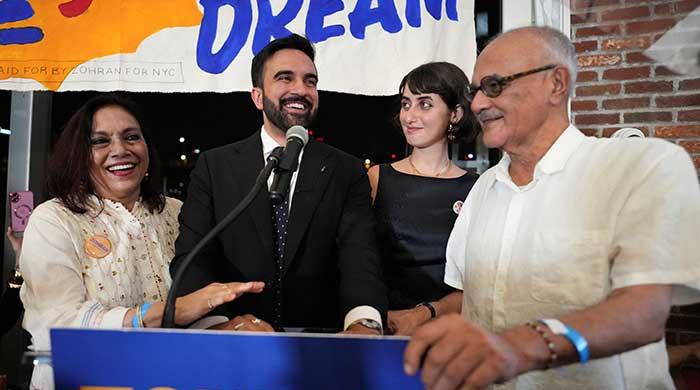Indian expert warns Modi's water war bound to fail
India would require another 30 to 50 years to develop infrastructure to store water currently flowing to Pakistan, says expert
April 29, 2025
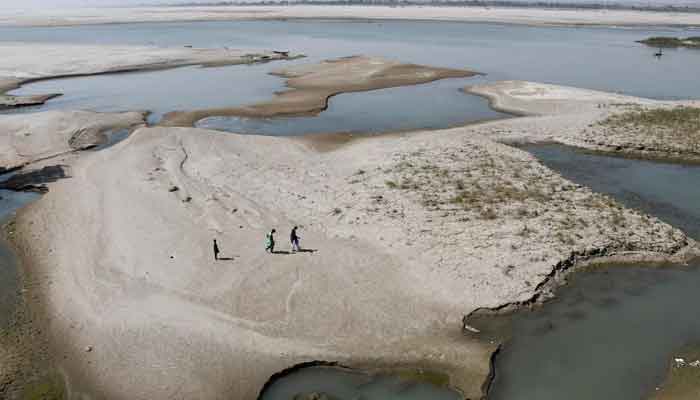
ISLAMABAD: Modi government’s plan to stop water flows to Pakistan has been termed as an exercise in futility by a prominent Indian water expert, warning that abrogating the Indus Waters Treaty would do little beyond deepening bitterness between the two nations, The News reported.
India would require another 30 to 50 years to develop the infrastructure needed to store water currently flowing to Pakistan, he emphasised.
Iftikhar A Drabu, a civil engineer with over 15 years of experience in the hydro sector in India and China, and a former consultant to leading international firms, shared his views through an essay published by the New Delhi-based Observer Research Foundation, a respected think tank.
“Other than being held responsible for causing further bitterness... India will not gain anything for now,” Drabu wrote in the concluding part of his essay, describing any attempt to tamper with the Treaty as a “misadventure.”
Drabu explained that stopping the flow of water could only be achieved through either storing or diverting the rivers — both of which, he argued, are impractical.
The three western rivers — Indus, Chenab, and Jhelum — account for 80 percent (117 billion cubic meters) of the total water flow to Pakistan. This volume, he pointed out, is enough to inundate nearly 120,000 square kilometers to a depth of one meter every year.
“If we consider this in terms of reservoir capacity, the annual water volume could flood the entire Kashmir Valley to a depth of seven metres,” he noted. “To store such an immense quantity, India would need 30 reservoirs the size of the Tehri Dam — the tallest dam in India. Where would we find such vast land areas to build them?”
Highlighting the timeline, Drabu added that constructing a single Tehri-sized dam takes almost a decade. Even if construction on 30 such dams started immediately, the first water impoundment would not occur before 2030.
“Until then, Pakistan would continue to receive the full water flow. And each year thereafter, we would require 30 new massive reservoirs to consistently block the western rivers — an utterly impractical proposition,” he argued.
Regarding river diversion, Drabu described the idea as equally “preposterous.” Diverting even one of the three rivers would necessitate constructing an artificial river spanning hundreds of kilometres, posing enormous challenges in design, construction, and maintenance. “Such a project would require investments of several lakh crores of rupees, the acquisition of thousands of hectares of land, and decades to complete,” he observed.
In either scenario — storage or diversion — Pakistan would not feel any tangible impact for the next 30 to 50 years, Drabu pointed out. “Needless to mention, the environmental consequences of either approach would be catastrophic,” he warned.
Summing up, Drabu stated that even if India were to abrogate the Indus Waters Treaty today, it would have no immediate effect on Pakistan’s water supply. “The flow of water to Pakistan would continue uninterrupted until India completes these colossal projects,” he stressed.
However, Drabu cautioned that abrogation would carry significant political consequences. “With the Indus Basin supporting 90% of Pakistan’s agriculture and employing over 40% of its population, any Indian move to halt water flows would be perceived by the common man in Pakistan as an attempt to strangle his country,” he warned.
“It would arouse fear and uncertainty without causing any real water shortage — only providing ammunition to hawkish elements in Pakistan who seek deterioration in bilateral relations,” he explained. “Such a move would serve their agenda, offering a godsend opportunity to further inflame tensions between the two countries,” Drabu concluded.





